Below is a second reference to Franz Liszt playing at Colonel Thorn’s and the reason behind it – the troupe of starving German musicians. You can read an entire academic paper about this story on academia.edu.
For civilization, for colonization, the cross is better than the sword. Paris, which at this moment is almost depopulated of its beautiful people, had another fashionable meeting, a fortnight ago , at Colonel Thorn’s house; these rich salons which open so often during the ball season, have very recently received a golden crowd.
Listz, the great, the incomparable pianist, was heard there for the benefit of German singers, who did not have the means to return to their country. It was said on the other side of the Rhine that the Parisians were crazy about music, hungry for harmony, and the musicians of Baden and Wisbaden, of Toeplitz and Ems, of Carlsbad and Vienna, had rushed to make themselves heard. on the stage that Grisi, Persiani, Lablache, Tamburini and Mario had just abandoned for six months .
But the Parisian caprice was not favorable to them: they sang in solitude ; and soon in the city of pleasure and the arts, they became so poor that they lacked money to return to their beloved Germany, where we love music by instinct, by feeling and not by fashion.
Gratitude therefore to Mr. Colonel Thorn who invites into his home a daughter of heaven, charity, and to the great artist, each note of which thus becomes an alms. The life of the young and illustrious pianist is full of similar traits ; we will only cite one that will make them all appreciate. He was in the capital of the Czars when the news of the fire of Hamburg reached there. A subscription is immediately opened, on which Listz is asked to write his name. He writes it down, and leaves its sum in blank.
—You forget the sum, they told him. —Ah ! _ It’s true: Well! put a concert as a memory.
Eight days later, the fund of the poor burned received fifty thousand francs: a royal gift, which does as much honor to the talent as to the heart of the great artist. His return to Paris is marked by a similar work. As we write these lines he is lending his prestigious talent to the Neuilly charity office, whose authorities have sent him a deputation on behalf of their poor. Beautiful is the glory which seeks in charity such pure, such noble consecrations !
On the day of the eclipse, I was early looking , under the gray morning clouds , for the disk of the sun gradually disappearing under that of the moon; with my piece of blackened glass, I managed to clearly see the celestial phenomenon.
Formerly, under the dull glow of an eclipse, the entire population of a country would have been in turmoil; because then it was believed that the sun, by thus hiding its face, announced sinister events; today the people, more enlightened, are no longer afraid, and all the fortifying workers, on going to work, said among themselves : this announces…, that this year,,,. the wine will be good. (source was Gallica)
I also love to read about the network of artists at the time, all of who were, to a degree, reliant on the patronage of the elite. I have mentioned Eugene Sue before who was a direct rival to Alexandre Dumas (pictured above).
By the 1830s, Liszt was a fixture both on the concert stage and in Paris’s artistic and aristocratic circles. He came into contact with the leading novelists, poets, painters, and musicians of the day, among them Eugène Delacroix (1798–1863), Alexandre Dumas (1802–1870), Heinrich Heine (1797–1856), Victor Hugo (1802–1885), Felix Mendelssohn (1809–1847), Giacomo Meyerbeer (1791–1864), Gioacchino Rossini (1792–1868), and Ary Scheffer (1795–1858).



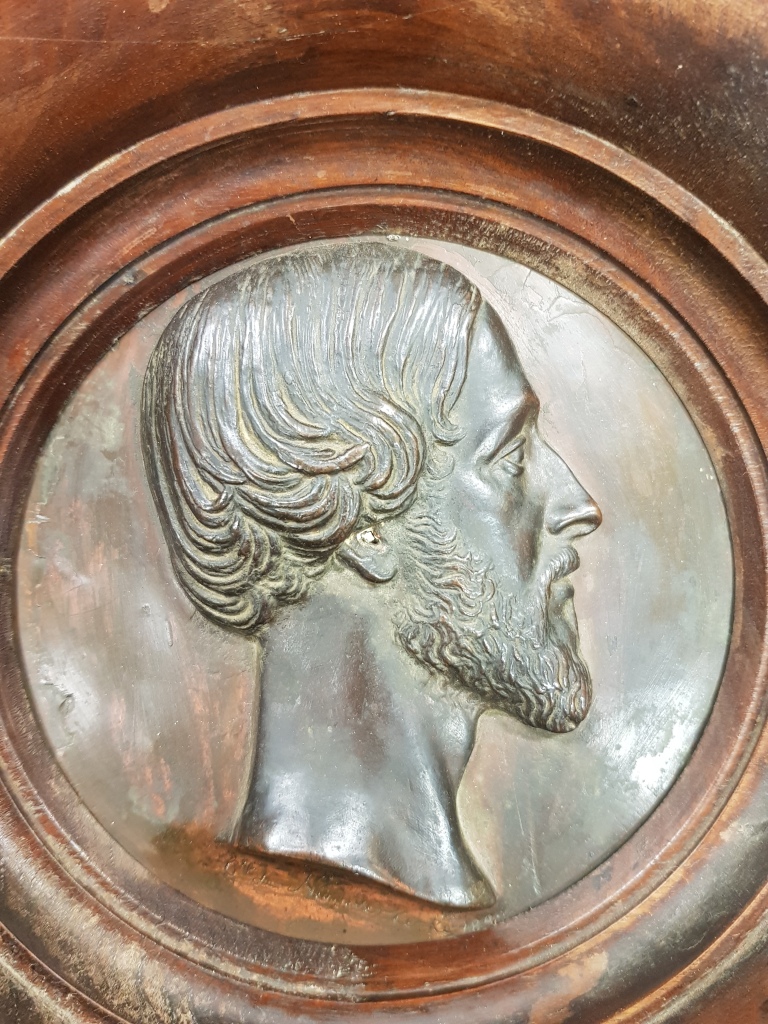

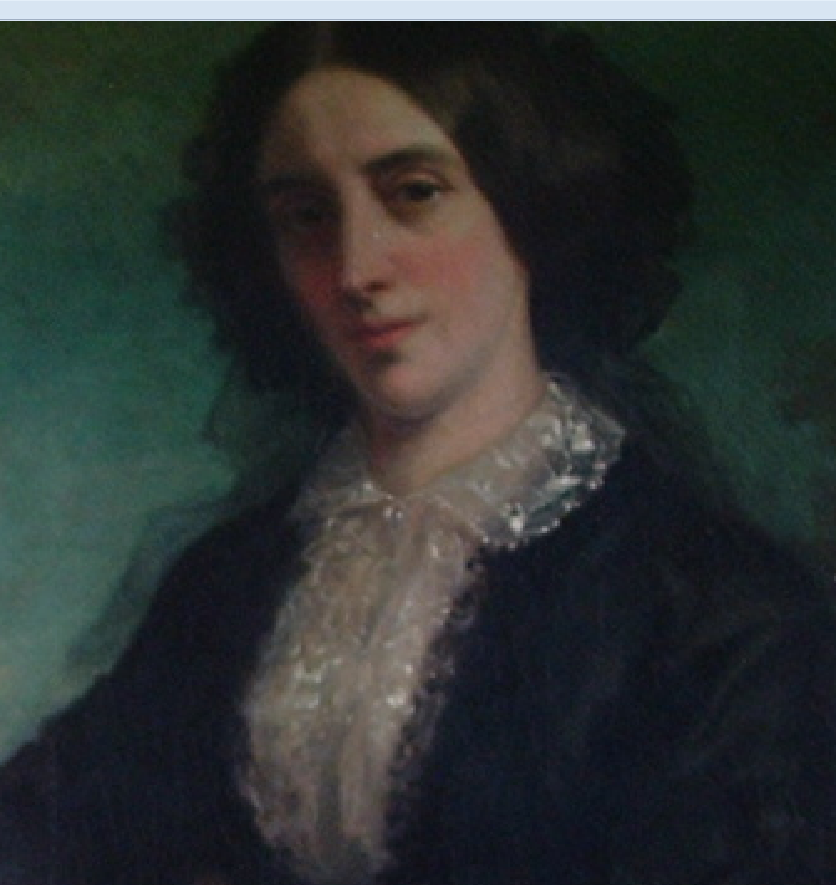

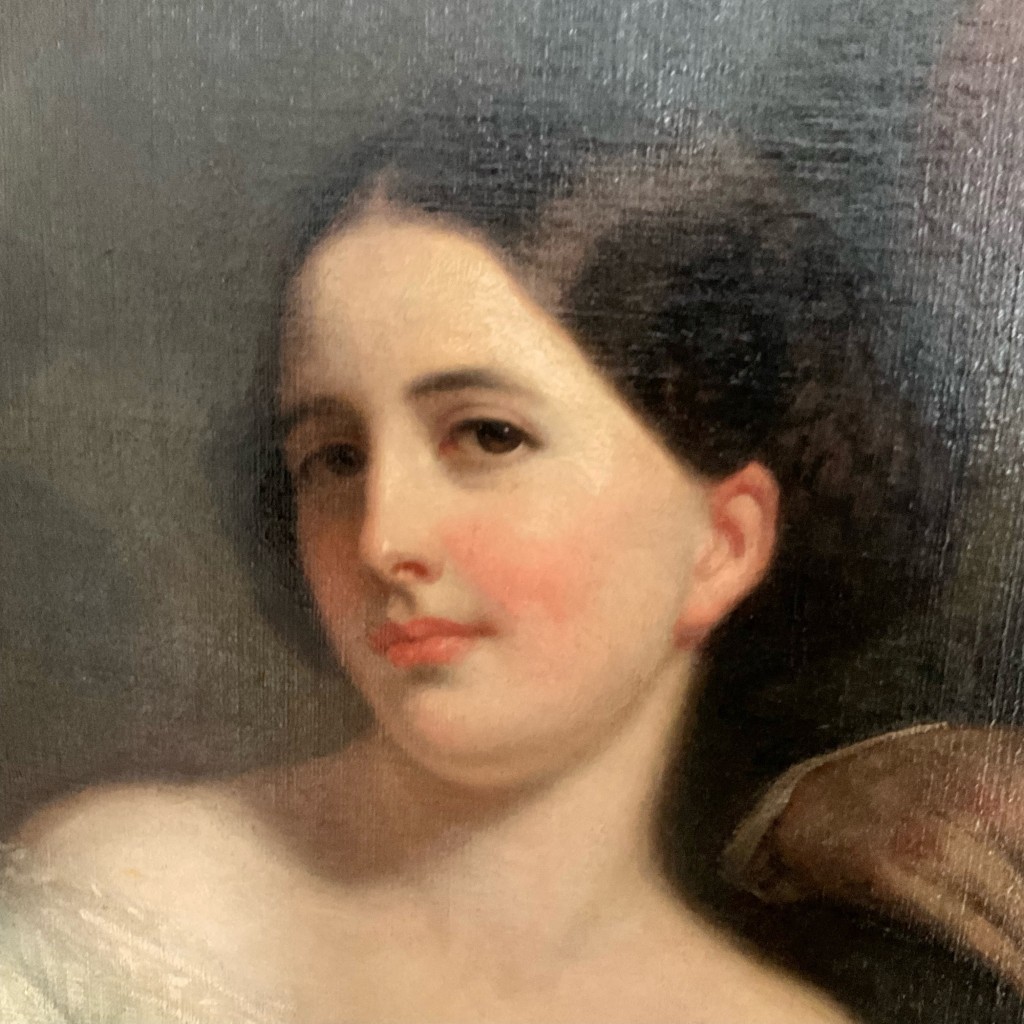




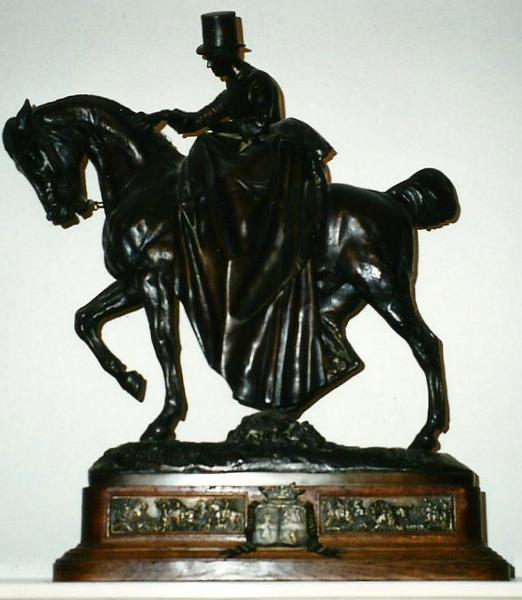
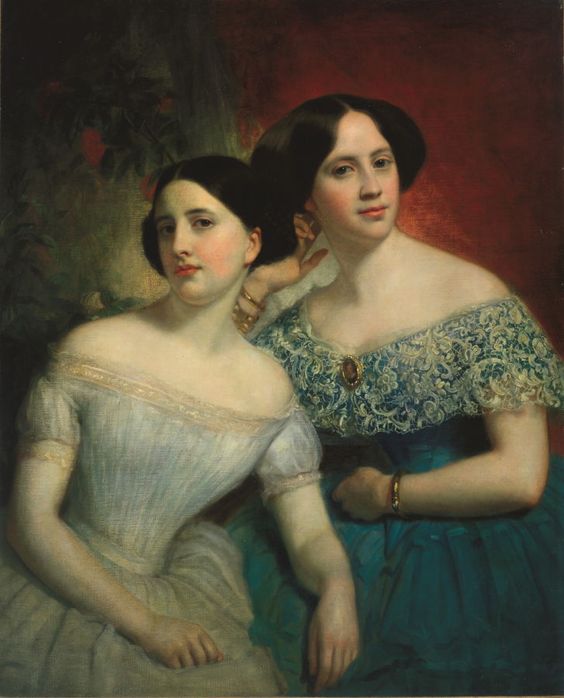

Leave a comment